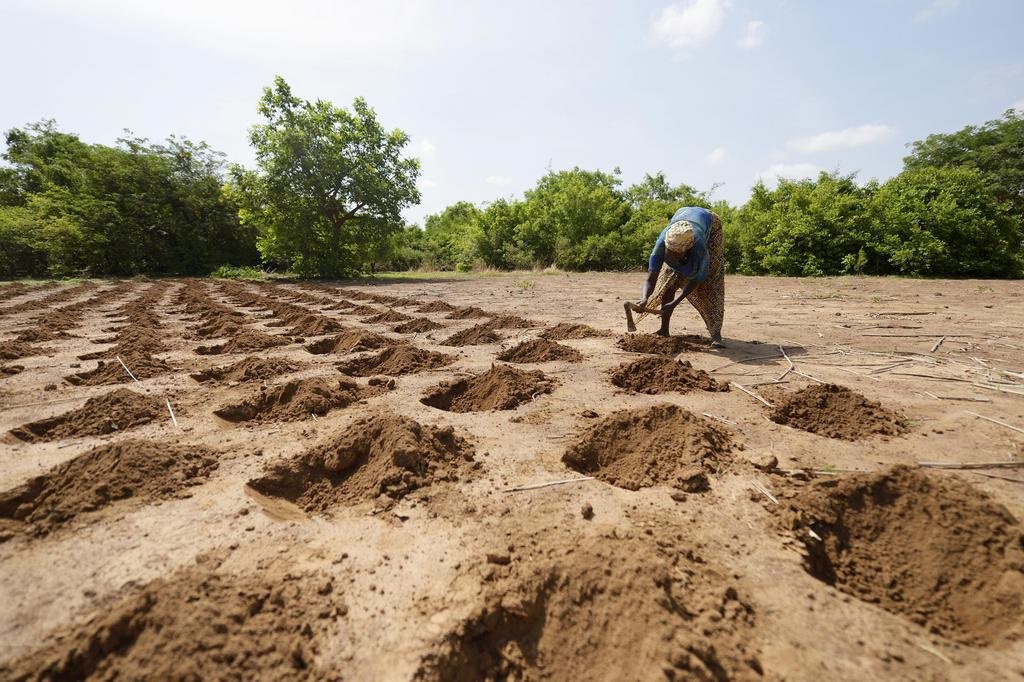Climate change brings new diseases, and agriculture is challenged by periods of heavy rain, and then drought. What climate-related risks will developing countries face in the future? What can they do themselves to strengthen their resilience and to reduce their own greenhouse gas emissions? These are the types of question that development cooperation work will have to address in the future. And that demands effective knowledge management. In its Climate Change & Environment Network (CC&E Network), the Swiss Agency for Development and Cooperation (SDC) promotes exchange between the various actors involved at home and abroad. INFRAS has supported this work for many years, with expertise on climate conservation and adaptation, as well as knowledge transfer. The aim of the Network is to achieve continual improvement in the quality of the SDC's work by integrating aspects of climate change.

Background: The Climate Change & Environment Network is part of the Global Programme Climate Change and Environment run by the Swiss Agency for Development and Cooperation (SDC). It has some 300 members in Switzerland and abroad. INFRAS provides a comprehensive range of services to support the work of this SDC Network.
1. Knowledge management: INFRAS actively contributes its expertise on climate conservation and adaptation to the Network, and supports knowledge transfer.
2. Continued development of the CEDRIG tool: With CEDRIG (Climate, Environment and Disaster Risk Reduction Integration Guidance), the SDC offers a user-friendly tool that enables aspects of climate change to be integrated into development projects and strategies. INFRAS played a major part in developing and enhancing the tool.
3. Organisation of webinars: In online talks, representatives of international organisations and practitioners describe their work as it relates to the climate and the environment, and share their knowledge. INFRAS organises and moderates these webinars, and makes them available to a broad audience via a blog.
4. Nexus briefs (Example): Concise and attractively designed brochures summarise information on the challenges faced in connection with sustainable development and the climate. Conflicts resulting from climate change are one example here. INFRAS produces its own ‘Nexus briefs’ and also coordinates those issued by contributing development cooperation experts.

